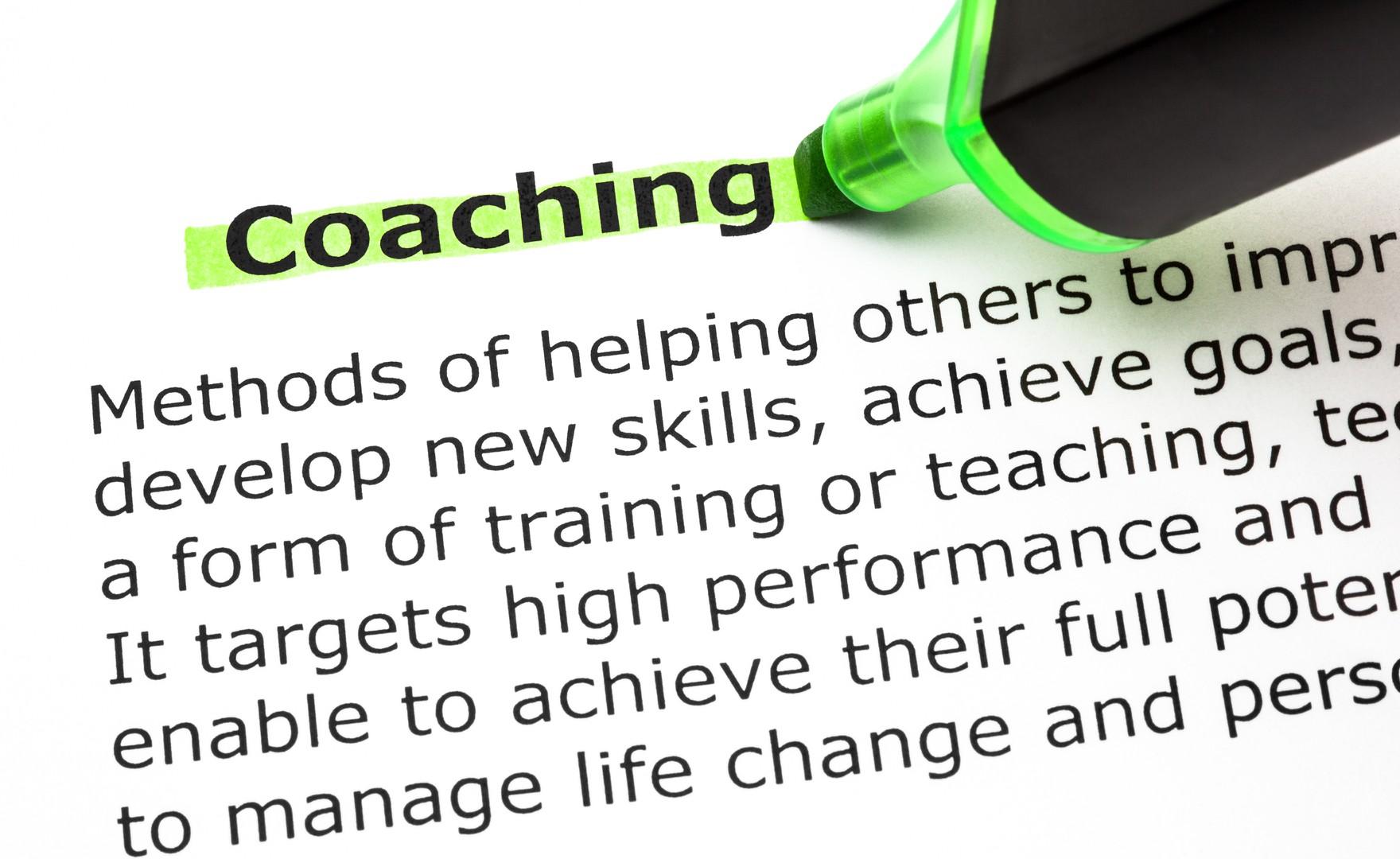If you would like to discover more about coaching and training as a coach, do come along to one of our free upcoming virtual open events or webinars.
The five hottest coaching skills you need to master
14th February by Lee Robertson
Reading time 2 minutes

One of the most important attributes of being a good coach is that they want to help the coachee to learn and develop, but what are the most essential skills that an effective coach needs to get the job done?
LISTENING
The ability to truly listen is one of the greatest gifts an executive coach can have. It’s an art that goes far beyond just using your ears.
A good coach will read the person’s body language too and won’t assume what the verbal conversation is about or what direction it should take. Giving the coachee the space and time to think, reflect and express themselves is one of the most powerful coaching interventions available.
Active listening requires the coach to focus their complete attention on the coachee. Being in that moment with the coachee, you must shut out all distractions, be comfortable together in the space and fully concentrate on what the coachee is saying and doing. That consideration has an enormously positive impact on the coachee and is vital in helping them move forward.
FACILITATION
It’s not easy, but coaches must resist their natural instinct and urge to impose their own solutions upon the coachee. Coaching conversations need to be based on the coachee’s own learning and not on the coach’s opinions or experiences.
Giving direct, personal advice is a no-go area in executive coaching.
The coach’s job is to stretch the coachee and draw out their own problem-solving abilities through thought, exploration and reflection.
PRESENCE
The coachee cannot feel for a second that you are going through the motions. They need to be sure that you are there with them, in that moment.
Your attention must be completely focused on the client and your mind empty of everything else.
Your approach must be customised to their specific needs at the time. You must truly believe that the person you are coaching has access to the resources they need to move forward. Your responsibility is to help the client tap into their own resources, skills or creative thinking in order to help them achieve their goals and improve their performance.
QUESTIONING
Knowing how to respond thoughtfully is crucial to the coaching process. Your line of questioning needs to help unlock the potential in the coachee.
This comes from being in the moment with the coachee and listening to them and using open questions devised to enable and encourage the coachee to explore their own behaviour. Helping them to discover and analyse their own actions and feelings will help drive sustainable change in the way they act and behave in the future.
WORKING CREATIVELY
An effective coach will understand the importance of the person’s relationship with their issue or challenge. It is about being able to help people to use their whole self and not just their head, when exploring the subject they are tackling via coaching.
Working creatively is just as valid an intervention as deep listening and questioning. The coach needs to be thought provoking and enable the coachee to see the issue from a different perspective. This can be achieved in many simple ways such as using coaching cards, drawing mind maps or even moving about the room to shake things up.
The AoEC’s consultancy services are offered to organisations and feature a portfolio of tailored coaching based solutions and products that can serve to address a multitude of issues facing both large and small businesses today.
Article
“Why am I such a loser!” – Time to change the narrative
22nd July 2024 by Karen Smart
The above is one of many horrible things I might say to myself on a bad day, or when I…
Article
Why every professional coach needs to be aware of systems thinking
22nd July 2024 by Lee Robertson
Plotting a course through the complexity, rapid change, uncertainty and overwhelm of today’s business climate requires a fundamental approach –…
Article
The rising importance of team coaching in modern workplaces
22nd July 2024 by Lee Robertson
Recent research, such as the Atlassian State of Teams 2024 report, reveals that teams are busier than ever but are…